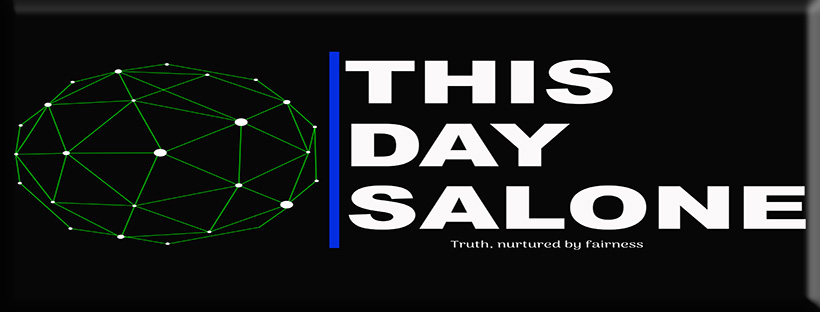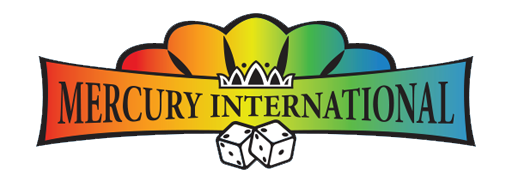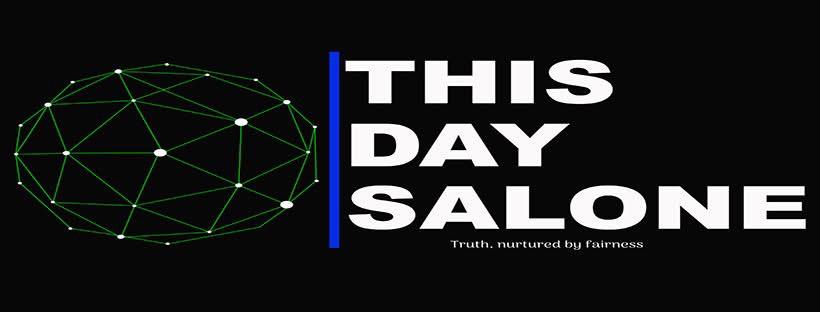By Ibraheem Daramy
Growing up in this country, I only knew about cannabis sativa (Jamba), as something someone must not get any closer to. I remember my cousin risked alienation when word went round he was smoking weed. When some crop farmers were caught between feeding the state and/or making quick money growing the ecstasy, for obvious and undesirable reasons, the latter ran away with the votes. Despite the persistent run-in with law enforcement over the years in a bid to put them out of business, this popular plant mostly among the youth still maintains its status as chief source of feeling high.
As of 2021, the parties to the Vienna Convention were one hundred and ninety three (193) – it was signed in 1961 and took effect three (3) years later. The Convention on Diplomatic Relations of 1961 is an International Treaty that defines a framework for diplomatic relations between independent countries. Its aim is to facilitate “the development of friendly relations” among governments through a uniform set of practices and principles. Most notably, it codifies the longstanding custom of diplomatic immunity, in which diplomatic missions are granted privileges that enable diplomats to perform their functions without fear or coercion or harassment by the host country. The Vienna Convention is a cornerstone to modern international relations and international law, and its almost universally ratified and observed. It is considered one (1) of the most successful legal instruments drafted under the United Nations.
This reference is intended to help us understand why our foreign ministry, headed by the Minister, Alhaji Timothy Musa Kabbah was not pleased with the way his Guinean counterpart handled the issue. But to be honest with our top diplomat, this act has brought shame unto us. Just recently, some Sierra Leoneans in the capital, Conakry, were escorted to the border, allegedly for dealing in drugs, among others – though the authorities denied having a hand in it. We are still trying to come to terms with the stigma of that fallout, then the worst happened, one of our diplomats was caught moving illegal drugs across the border.Our neighbours would have found themselves embroiled in a diplomatic backlash of monumental proportion, if they had not discovered those suitcases suspected to contain the dreaded cocaine onboard one of our diplomatic vehicles. There is no arguing they were tipped. I had a brother who is late now. He used to tell me, “there is no perfect crime.” I think it is the end of the road for our chief diplomat in Conakry, I don’t see him shaking this one off.
The weeks that followed after President Julius Maada Bio declared Kush as a State of emergency, I saw young people going after their peers abusing drugs using canes – some were even taken to the police. That action reminded me of what happened in South Africa in 1996. People Against Gangsterism and Drugs, popularly known by its acronym (PAGAD), was a group in the Cape flat areas of Capetown. The organisation came to prominence for acts against gangsters, including, drug, arson and murder. Though they later evolved rapidly into an organisation with political power agenda, they surely delivered on their objectives. Their intervention was mainly because they saw the police being overwhelmed by a wave of crime across the rainbow nation. They had no constitutional mandate, but the population could not have asked for more, given what they achieved.
In the drug trafficking network, West Africa is considered a critical transshipment point and destination region for large shipment of illegal drugs. No wonder Guinea Bissau, until quite recently, was classified a narco state. This is due largely to the region’s geostrophic location with its enormous coastlines, porous borders, and most significantly, its compromised institutions. Against this backdrop, the region is being used as recreation place, an investment and money laundering haven, and a hiding place for international drug syndicates, some of which envision Sierra Leone as regional headquarter.
For generations, there have been unbreakable calls for the government of Sierra Leone to provide adequate support to the National Drug Law Enforcement Agency (NDLEA). It reserves the exclusive right to lead the fight against illegal drugs. I recall one retired officer from the army, Sim Turay, head of the outfit. He was in front of a panel of critical minds who had gathered to grill prospective budgets by Ministries Departments and Agencies (MDAs). He was unceremoniously forthright (public officers have a tendency of holding back), about the laughable support he was receiving from our exchequer. Instead of the usual hawkeye scrutiny to the figures presented, the panel rather unsurprisingly instructed him to return to the office and prepare a budget four (4) times the money he’d asked for. There have been several changes at the helm of that office ever since he left, but not even one (1) of his successors have enjoyed their tenure. As a matter of fact, the challenges have multiplied ten (10) folds – especially now that rogue chemists have decided to try their luck on synthetic drugs.




